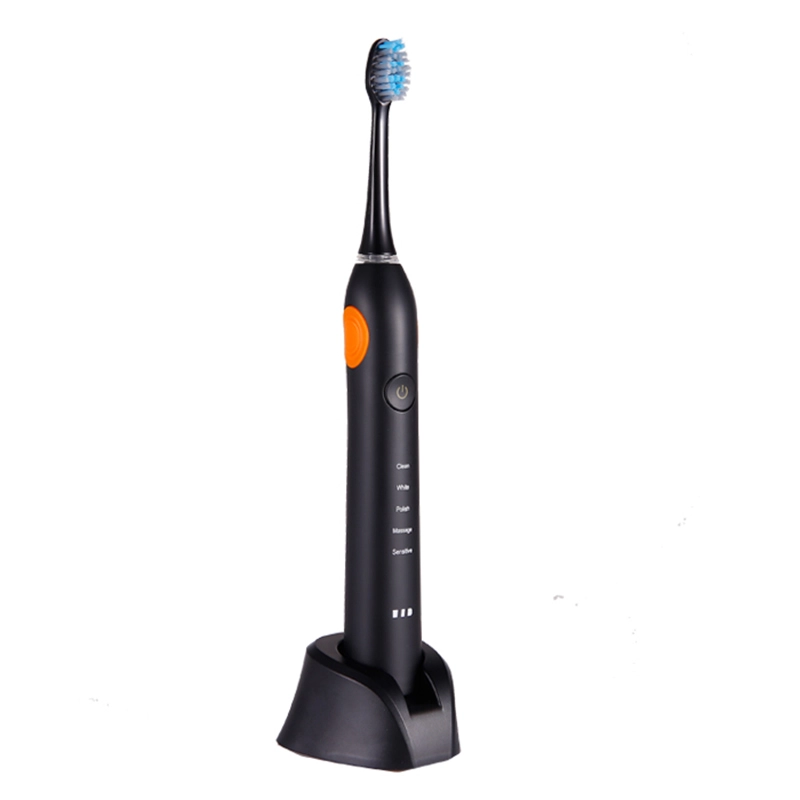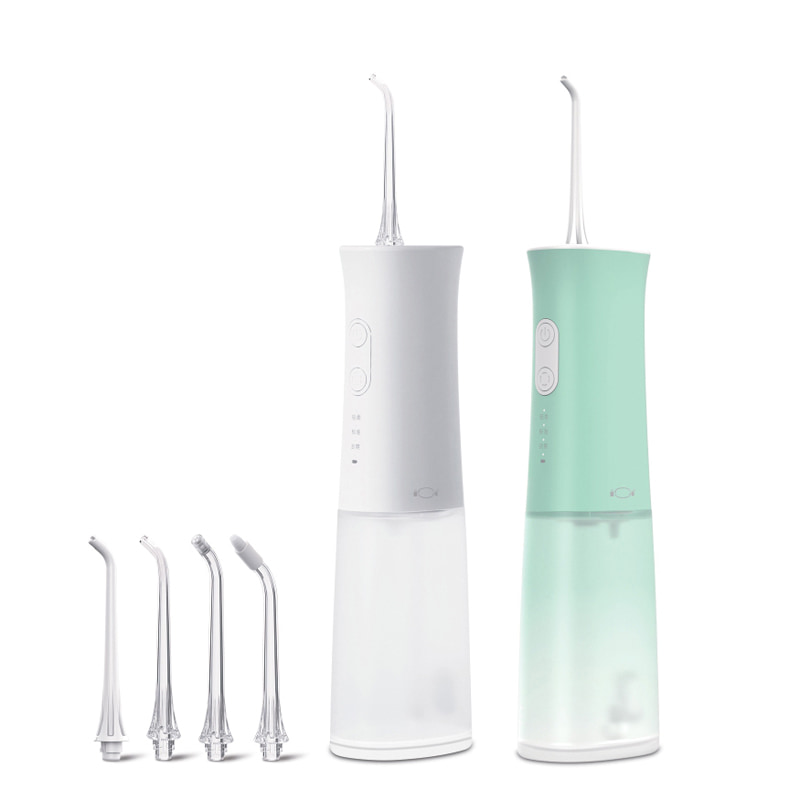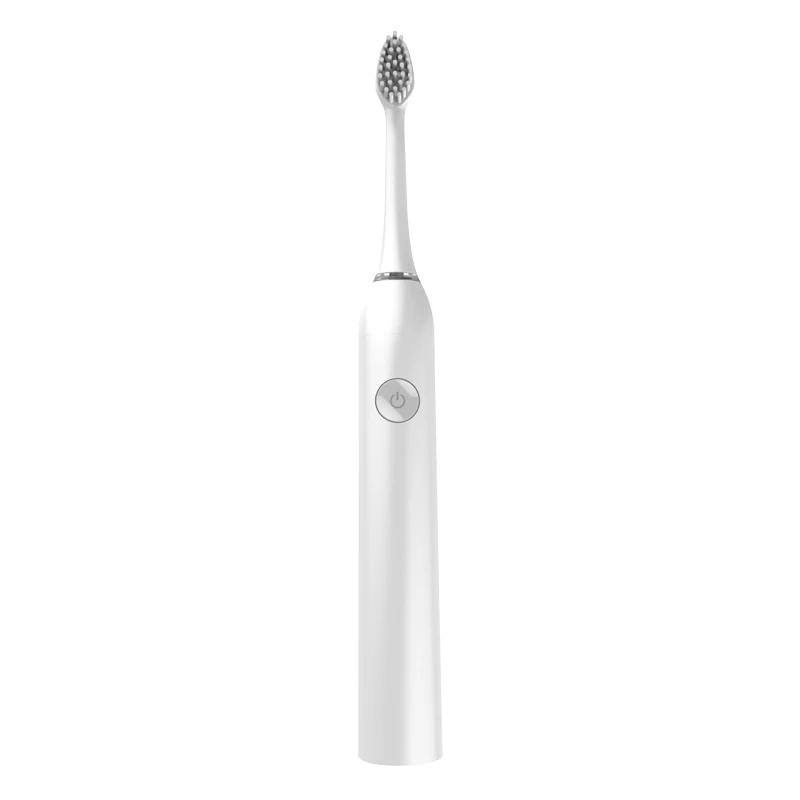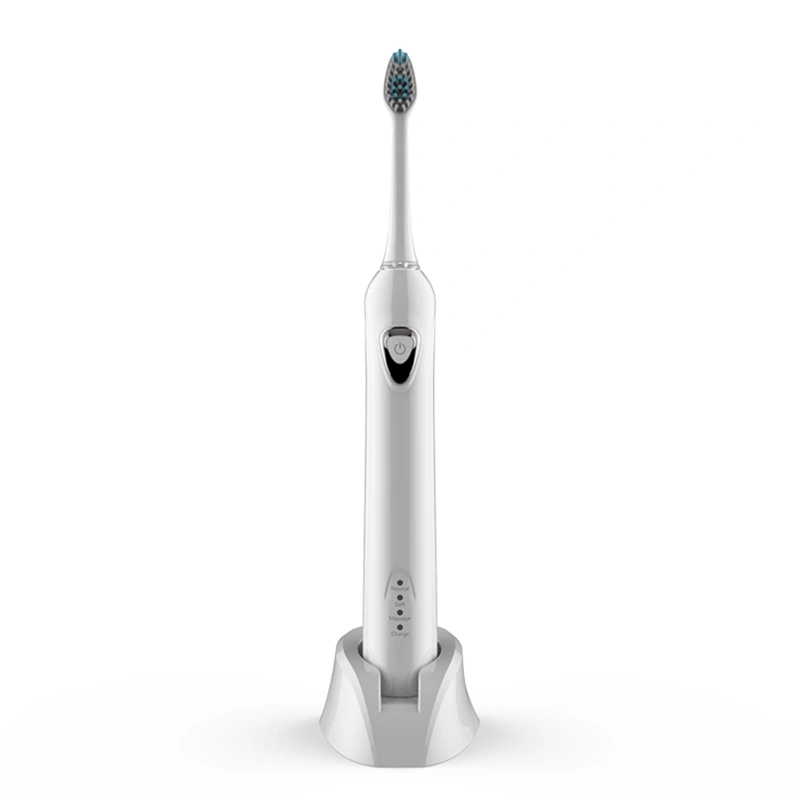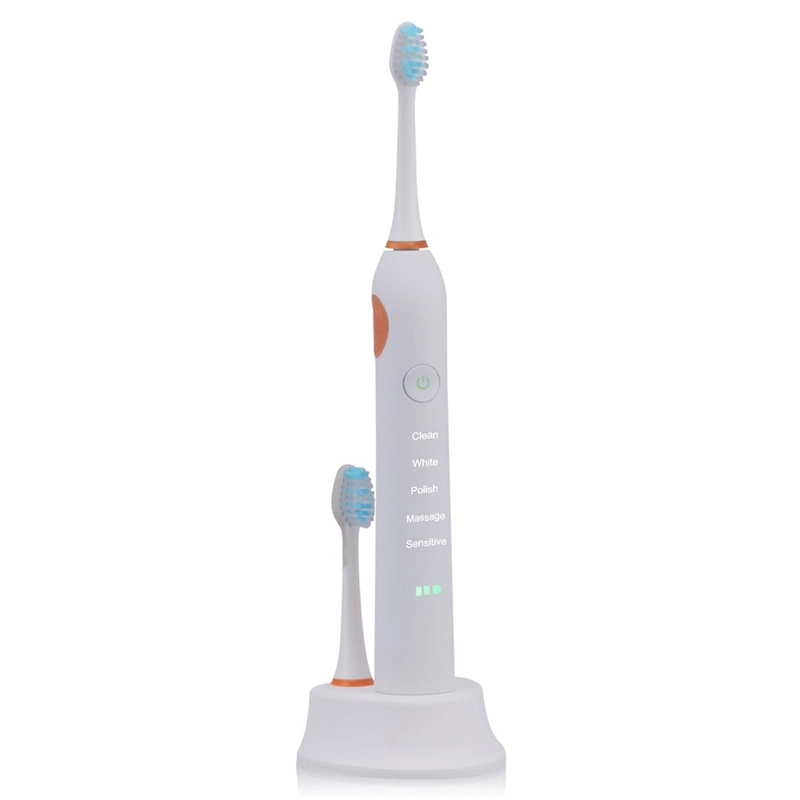All about the sonic toothbrush: differences, pros and cons
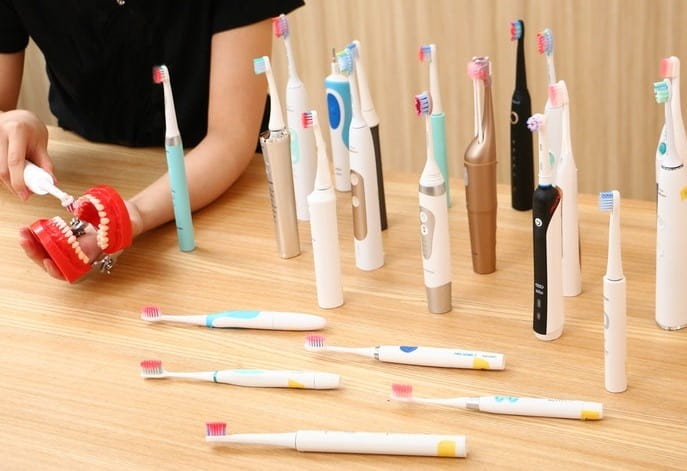
Regular and proper oral hygiene is the key to dental health for many years. Brushing your teeth is the easiest and most affordable way to avoid dental diseases and keep a beautiful smile. Oral care begins with the purchase of a toothbrush. This accessory has many varieties: from the most common tools for manual cleaning to super-functional electric models. Recently, the advantages of sonic tooth brushes have been increasingly discussed. One of the most common questions is which toothbrush is better: electric or sonic?
In fact, electric toothbrushes come in three types:
- mechanical (rotational, pulsating);
- ultrasonic;
- sonic.
That is, a sonic brush is only one of the varieties of electrical appliances for oral hygiene. In this article, we will tell you what sonic tools are, what are their advantages compared to other types of electric toothbrushes for brushing teeth.
How does a sonic toothbrush work?
The main difference between a sonic toothbrush and other models is how the bristles move during the brushing process. What does sonic mean? It's not that the brushes produce sound waves, it's more of a publicity stunt by the electric toothbrush manufacturers. In such devices, the bristles perform amplitude movements (up / down). The oscillation of the brush comes from the generation of sonic waves (up to 260 Hz). As a result, cleaning with a sonic brush gives a double effect:
- bristles sweep out impurities from the recesses at the base of the tooth, narrow gaps between the teeth;
- under the influence of high-frequency oscillations, oxygenated fine foam is formed from biological fluids and toothpaste, which easily penetrates into the most inaccessible areas, destroys and washes out soft plaque.
Which is better - sonic or mechanical toothbrushes? Which toothbrush is better - sonic or ultrasonic? To draw objective conclusions, you need to study the characteristics and advantages of each type of electric toothbrush.
What is the main difference between a sonic toothbrush and an electric one?
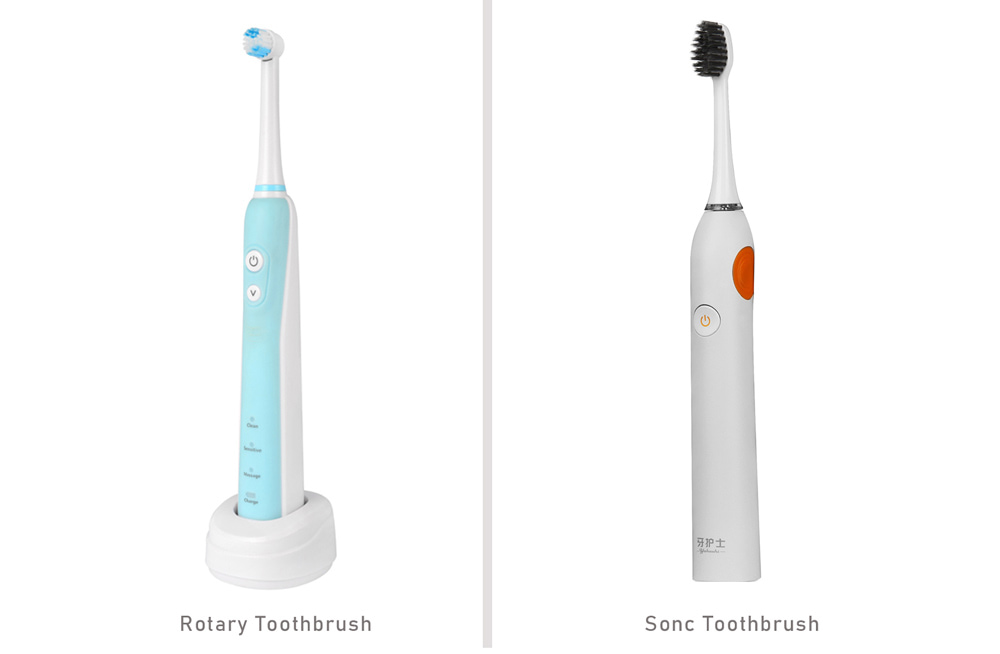
With a conventional electric toothbrush, the removal of food residues, the cleansing of tooth enamel occurs mechanically (due to rotational or pulsating sweeping movements of the head). The most common models of electric toothbrushes are rotary (where the head with bristles spins).
Which toothbrush is better - rotational or sonic? Rotary products have their advantages:
- simple and easy to operate;
- quite affordable;
- clean much better than conventional (manual) hygiene items;
- much more effective manual cope with whitening and cleaning of tooth enamel;
- do not require effort;
- help to control the time of hygienic procedures.
Which toothbrush to choose: electric or sonic? In comparison with rotating sonic brushes are more effective precisely due to the complex mechanical and vibration effects. Some manufacturers in sonic brushes additionally use the technology of mechanical or rotational action of the head. However, this option for sonic products is superfluous, because under the influence of sonic waves, the bristles already do their job perfectly.
Toothbrush: sonic or ultrasonic?
Because of the common root in the name, many believe that ultrasonic and sonic toothbrushes are the same thing. What do they have in common other than the name?
- The waves create vibrations of the bristles. As a result of these fluctuations, toothpaste, when mixed with water and saliva, forms a abundant foam.
- The resulting foamed liquid under the action of brush vibrations moves in the direction of the gingival grooves and openings between the teeth. Thus, the cleaner penetrates into the most inaccessible places and effectively eliminates plaque.
- Impulse movements of the brush contribute to the qualitative cleaning of tooth enamel, improve blood circulation in the gum tissues.
sonic and ultrasonic toothbrushes – the difference:
- frequency of waves - sonic work in the range up to 260 Hz, and ultrasonic - from 20 thousand Hz;
- the frequency of oscillations of bristles - in sonic 18-40 thousand / min., And in ultrasonic - up to 100 million / min.
What is the difference between a sonic toothbrush and an ultrasonic one, if we consider their principle of operation? The chip of sonic devices is a more intense (double) action, and ultrasonic models very delicately affect the tissues, but are contraindicated in children, unsafe for fillings, orthopedic structures (veneers, crowns, etc.)
Given these features and differences, it is impossible to say unequivocally which type of toothbrush is better. Each of them has its own unique properties and scope of application. sonic brush better copes with tartar, plaque, pigmentation. Ultrasonic benefits in the hygiene of problem gums, prevents the development of inflammatory processes, prevents relapses in the presence of chronic diseases.
Sonic brushes: reviews of dentists

Experts have already managed to evaluate all the advantages of sonic tooth brushes, and we offer you to get acquainted with the opinion of experts in the questions that users most often ask:
-
Can I use a Sonic brush to brush my child's teeth?
Sonic devices have no contraindications for children, but when choosing a product, you need to pay attention to the manufacturer's recommendations. The child will fit a brush with soft bristles, a delicate cleaning mode. -
Is a sonic toothbrush harmful for tooth enamel, fillings, braces?
No, low-frequency Sonic waves cannot harm composite restorations, expensive dental orthopedic and orthodontic structures. -
Is the Sonic brush suitable for sensitive teeth?
Given the enhanced double action, you need to be very careful about choosing a device. Owners of sensitive teeth will suit models in which a delicate mode or an easy start function is provided (when at the beginning of operation the power of the brush is minimal, and then increases gradually from cleaning to cleaning).
Sonic toothbrush: how to choose?
As we have already said, the brush is one of the main subjects of oral hygiene, so the choice of this tool can not be approached lightly.
There are several important parameters to consider when buying a sonic toothbrush:
- intensity - the power of the product, the frequency of movements affect the efficiency of cleaning;
- a variety of operating modes - the presence of a delicate mode is an advantage, especially for people who have problems with the gums, sensitive enamel;
- equipment - well, if in the set of toothbrushes there are various replaceable nozzles (for example, with bristles of different stiffness), then each family member can choose a suitable nozzle for him;
- ease of transportation (the presence of a road case that allows you to compactly pack the product and safely transport it) is a prerequisite for those who are often on the road.
And now we offer to go to the rating of the most functional, reliable and popular sonic electric toothbrushes.
As a professional manufacturer of electric toothbrush and oral irrigator / water flosser, Shenzhen Relish provides various types of electric toothbrush wholesale and OEM customized services. You can also wholesale water flosser from Relish at factory price. We can provide you highly competitive prices and look forward to working with you.

- All comments(0)

 日本語
日本語 Español
Español Deutsch
Deutsch 中文
中文